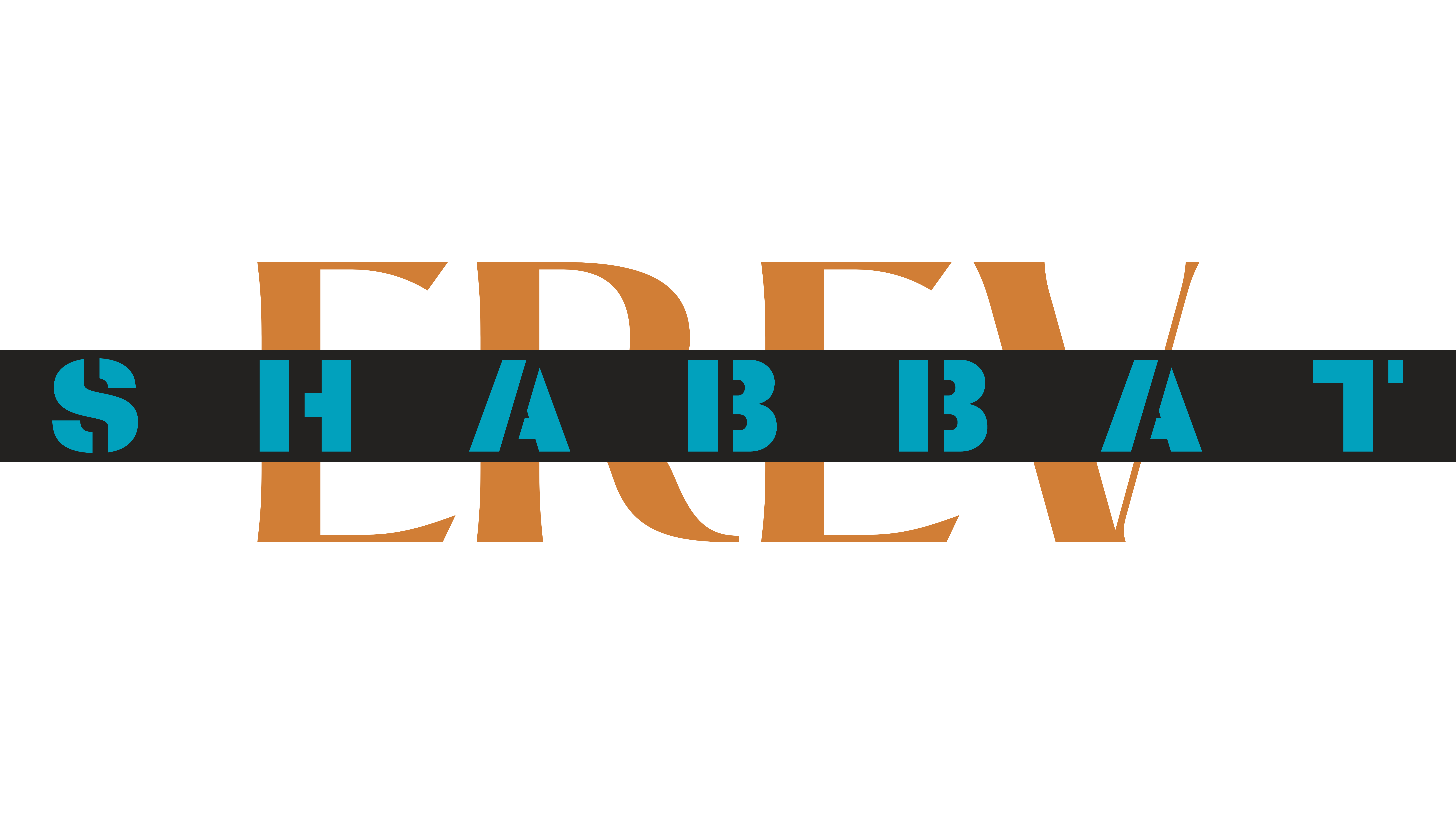Rivka
We often hear about the concept of the perfect woman. For my part, I could summarize this in one word, or rather in one name: Rivka (Rebecca). She is without a doubt one of the most noble and memorable personalities in the Scriptures. She is the one who embodies all the merits, qualities and virtues written in Proverbs 31: 10-31, the ode to a virtuous woman.
Abraham’s envoy was also perfectly aware of what the ideal woman is.
When Eliezer goes out looking for a wife for Isaac, he is not just asking for the girl to be hospitable, someone who takes care of the visitors (this kind of hospitality was common and quite usual in those times, mostly the mere expression of personal interests), but he asks for someone who also takes care of the camels, that is to say the goods, the material, the tools of his/her neighbor. This detail may seem trivial, but it shows a particular devotion and disinterest. By watering the animals
Rebecca shows a kindness that expects nothing in return, since the camels are unable to honor her services.
In a society of shepherds, this is an inestimable virtue since a good housekeeper plays a vital role in the calling and sustainability of her husband and thus of her family.
The meeting with Rebecca is a fabulous story which I expect myself to happen in our family life as a father. I deeply wish to live a similar story when the day comes that my children will be old enough to marry. May Yahuwah bless us with such a messenger who will go and get women like Rebecca for my sons and who will come and take my daughter to guide her to her future husband, in whom the Holy Spirit is also dwelling. This Envoy already exists. It is up to us to know how to ask for his coming so that he can carry out this mission. One of the greatest joys for a believer is to see his children unite with those whose lives are also under the reign of the King Messiah, when marriages are sealed in Christ and according to His will. The greatest gift is to see our children find their spouses with whom they will complement, support and reinforce each other even if one or the other loses balance as in the next portion of the Torah in the case of Isaac and Rebecca.
Sarah
This week’s parashat is about Rebecca, it is although named after Sarah. The parashat starts with: Sarah lived 100 years and 20 years and 8 years. In the English translation, it is quoted that she was 128 years old. However, in the Hebrew text this period is subdivided into three as mentioned previously. According to Jewish tradition, this subdivision points out that Sarah was as beautiful at the age of 100 as she was at the age of 20 and was as pure when she was 20 as when she was 8. Whatever the significance, this week’s parashat describes a continuity. Sarah is leaving us and Rebecca joins us to replace her. The death of one leaves an empty place that will be filled by the arrival of the other. Her role is essential in Isaac’s life but so is it for the entire community. As in many cases described in the Bible, when someone dies, a successor is appointed. (Joshua came after Moses, Samuel after Eliyahu, Salomon after David, Yahushua after John) Rebecca is like Sarah’s worthy heir. We read that Isaac is comforted after the death of his mother by the arival of his wife. Indeed, the female presence was missing. A house (a tent in their case) is empty and cold without the presence of the woman who fills the place since being its hearth. Yahuwah does not just ensure the descent of the patriarchs, kings and prophets, but that of the women as well. The succession of women is also vital.
Girls must also learn a lot and mothers have a lot to pass on to them.
The transmission of this feminine knowledge is just as important as the knowledge transmitted from father to son. Indeed, without women and without all that they can give us, men would be helpless. It is very important to pray for the restoration of women, because their strengthening largely ensures ours.
Not as we see today in the Church, where on the one hand the number of women is much higher, but who in many cases, overstepping their role and their identity as women by occupying the place of men – whom by the way are indeed often incapable and effeminate – to the point that they do not even think of returning their places when finally a real man ends up appearing in their lives. This is how many people usurp ministry positions, roles, and are not doing what Elohim expects of them, while not allowing those who have the task to regain their legitimate places.
Until this kind of little problem is resolved, let’s not pray for each other. Praying for women begins precisely by asking that they reoccupy their rightful places, so that they can finally flourish in their femininity and that from there, they can pray for us in return. This is the kind of mutual prayer I was referring to. And besides we can start this right away by declaring:
May Yahuwah make present women like Sarah and Rivka.
VIDEO VERSION

